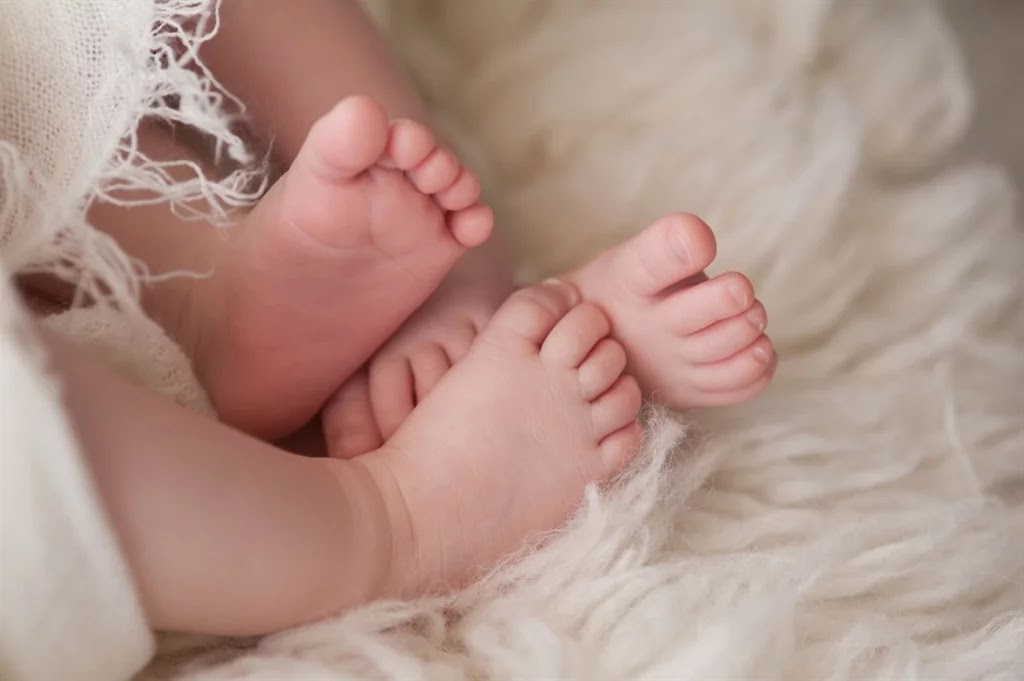Ivory Coast Twins Struggle For A Way Between Superstition And Poverty
Cutely clad in matching white robes and skullcaps, five-year-old twins Salim and Mahamadou Cisse step carefully through blocked traffic and pedestrians in Abidjan's teeming Abobo district, holding up a begging bowl.
At the roundabout outside city hall in the bustling quarter of Ivory Coast's commercial capital, three other pairs of twins are also begging.
 |
| Ivory Coast Twins Struggle For A Way Between Superstition And Poverty |
Two of the pairs are dressed respectively in pint-sized costumes of the Nigerian national football team and Real Madrid.
In Ivory Coast, twins are widely seen as a strange and even supernatural phenomenon -- a popular belief that makes them vulnerable to being presented like fairground attractions as well as beggars.
Voices are now calling for a change in attitudes, which doom many twins to a life without proper schooling or a stable home.
"Stop exposing our brother twins to risks, in the rain, the sun, the dust, to danger and illness!" popular musician Lecko'Nda ("Nda" means "twins" in the Akan language) sings in a protest song.
"It's dangerous at the roadside, in front of the mosques. A twin is no sorcerer, a twin is no mendicant."
'It's poverty that does this'
The Association of Twins and More in Ivory Coast (A2JPCI) regularly carries out awareness campaigns in a bid to change beliefs about twins."Our main goal is to fight the use of child twins for begging," said Jean-Tresor Depri, accompanied by his twin brother, Jean-Paul.
A2JPCI says it has 1,000 members and estimates the number of pairs of twins in the West African country to be 5,000 "at the minimum".
"We're faced with a very complicated situation in Ivory Coast and in Africa," Depri said. "A child's place is at school."
"Putting children on the side of the road doesn't make us happy. It's poverty that does this," said Aicha Cisse, the mother of Salim and Mahamadou.
Cisse said daily alms can total 2 000 CFA francs (three euros, $3.5) and sometimes 5,000 francs. People also hand out peanuts, vegetables and cassava.
Before the twins were born, Cisse worked as a laundress for private clients.
"This is the only solution while they're not in school," she said of the begging.
"But in the next year or two, they will start going to school and I will take up doing washing again, God willing."
But many parents of twins deliberately put off their schooling to benefit from the money they can make.
They keep children out of school on Fridays, the Muslim day of prayer at the mosque, which can be profitable, and they put them on show at weekends, according to the ADJPCI and experts.
Snakes and human sacrifice
"Here and above all in Africa, births are generally seen as a symbol of prosperity, a blessing. They lead to numerous rituals and even more so when it's a matter of twins," says Fidelia Gaudet, a doctor in sociology who specialises in twins."The birth of twins evokes stupefaction and gives birth to myths. Because we didn't understand the scientific explanation for twins... fables developed. Divinity was involved. And that led to fear," she adds.
"To promote social cohesion, avoid infanticide and marginalisation... legends were born. People said, for example, that they (twins) are protected by snakes and can turn themselves into snakes. Such myths aimed at protecting twins unfortunately led some people to make them the object of human sacrifice intended to bring wealth."
Some twins wind up believing the stories that are told about them.
"There were things that happened. Snakes were appearing too much in the house. Each night, there were serpents in our mother's bedroom... Even today, snakes continue to follow us," according to Romeo and Romain Guioho, aged 24.
"One day, my brother went to fight with a group of other people and a snake appeared. It was a big black snake and people started to run away. The snake appears when we're attacked," added one of the pair.
The two brothers declared that it was the Christian faith in their family that prevented them from becoming sorcerers or seeking to master the powers people believe they hold.
They prefer to make the most of their resemblance by carrying out practical jokes on friends and even their girlfriends. "We swap (our clothes)... to see if she recognises us. It works, it works, it works a lot," one said.
"We're nice, we're not complicated, we like to have fun, we enjoy laughing with people. That's why people really enjoy our antics. We're proud to be twins and we're happy."








Post a Comment